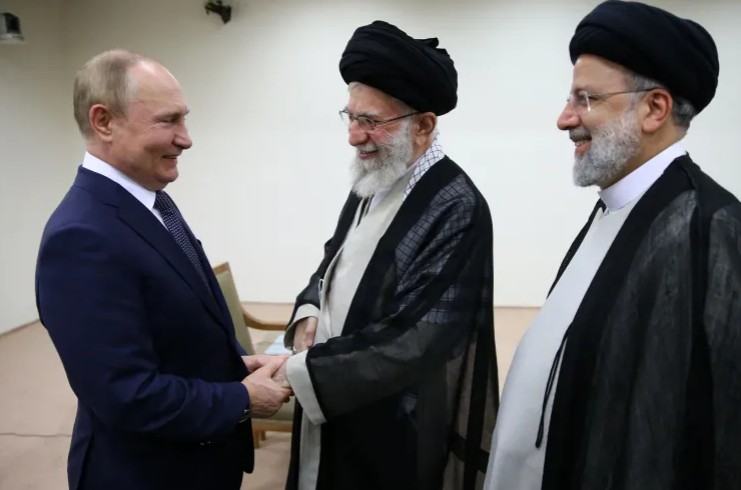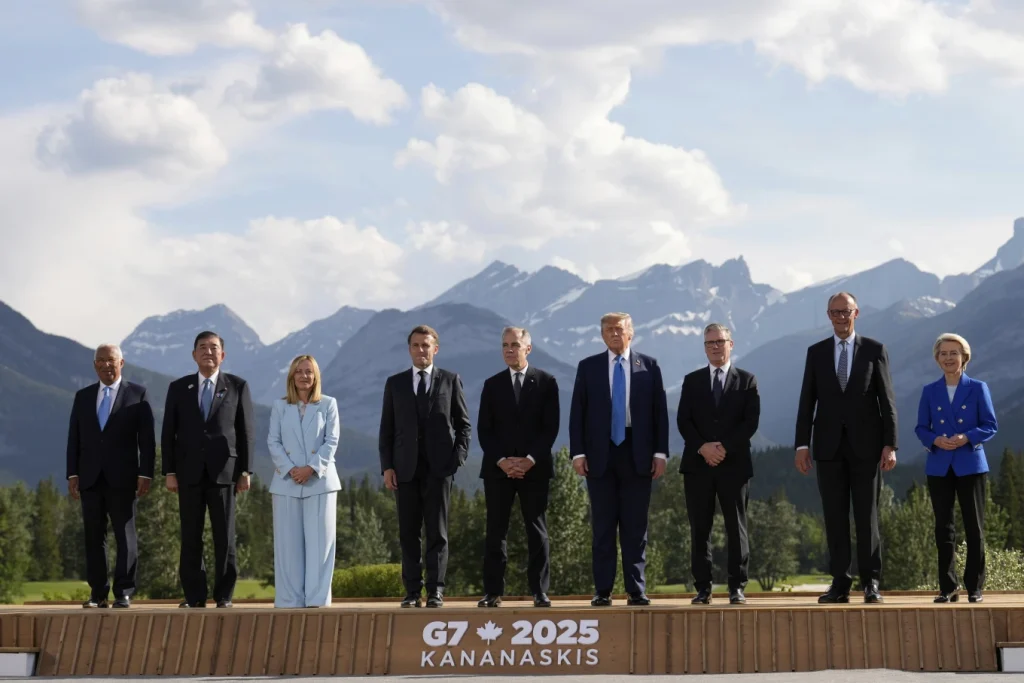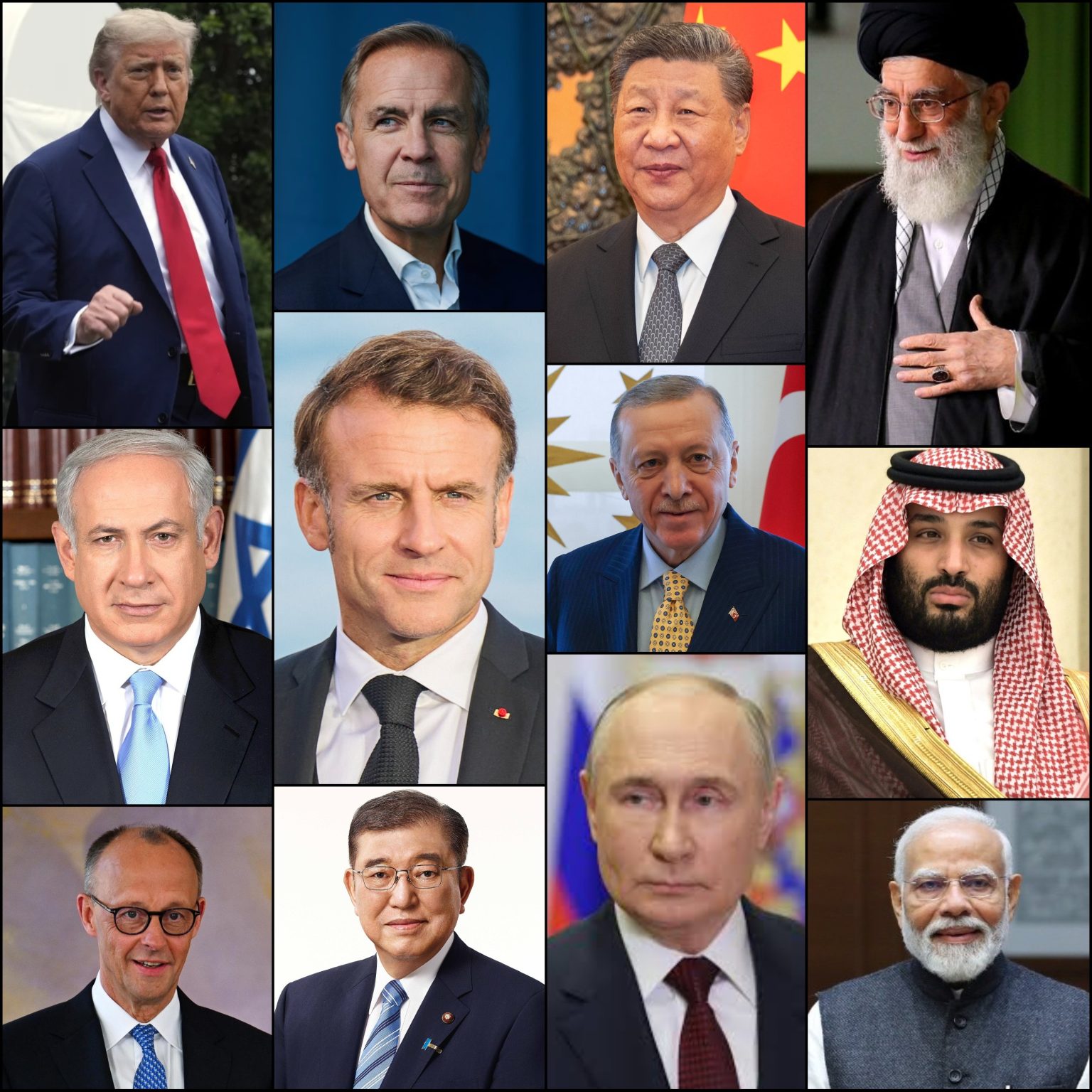As the conflict between Israel and Iran escalates, global responses are marked by ambiguity, caution, and selective involvement. While Iran is under sustained Israeli attacks targeting nuclear facilities and military leadership, Tehran is receiving far less concrete support than it might have expected from its allies — especially Russia and fellow Muslim nations. Meanwhile, global powers walk a tightrope between condemnation, strategic interests, and risk avoidance.
Russia: Diplomatic posturing, strategic distance
Despite a growing partnership with Iran — including military cooperation, drone supply lines, and a recent strategic treaty — Russia has been conspicuously restrained. After Israel launched a large-scale assault on Iranian targets, Moscow issued condemnatory statements but avoided any military or tangible support for Tehran. President Vladimir Putin even offered to act as a mediator in talks with then US President Donald Trump, signalling a preference for diplomacy over involvement.

Analysts believe Russia is unwilling to jeopardise its delicate relations with Israel or provoke a wider confrontation with the US. As expert Nikita Smagin put it, “Saving Iran is obviously not worth a potential clash with Israel and the US.” Russia’s neutrality highlights its interest in maintaining strategic flexibility rather than locking itself into Tehran’s corner.
Arab League and OIC: Tradition without action
The Arab League and the Organisation of Islamic Cooperation (OIC) have stuck to their usual rhetoric: condemn Israel, call for restraint, and appeal to international law. But beyond these statements, there’s little substance. Iran, a Shiite-majority nation often at odds with many Sunni-led Arab states, finds itself isolated in a region where sympathy doesn’t necessarily translate into support.
China: The only firm voice on Iran’s side
Among Iran’s allies, China has delivered the clearest and most assertive condemnation of Israeli military actions. President Xi Jinping, during a summit in Astana, warned against further escalation and reiterated China’s opposition to violations of sovereignty and territorial integrity. While Beijing didn’t mention military support, its diplomatic stance has been the strongest among Iran’s global partners.
Xi also emphasised China’s willingness to work with all parties to restore peace in the Middle East, signalling potential diplomatic engagement rather than confrontation.
Saudi Arabia: Strong words, no action
Saudi Arabia was the first Arab country to condemn Israel’s strikes, labelling them “blatant aggressions” and “heinous attacks” against Iran.
However, Riyadh has also grown closer to Washington in recent years and is unlikely to jeopardise its relationship with the US for Tehran’s sake. The condemnation, while forceful in tone, remains symbolic, with no indication of any practical support or policy shift.
Turkey: Watching, waiting, offering mediation
Turkish President Recep Tayyip Erdogan has been notably less vocal compared to his stance on Gaza. Like Putin, Erdogan told Trump he is open to playing the role of mediator.
While Turkey often positions itself as a regional power broker, it appears hesitant to act decisively in this instance. Ankara is closely monitoring the US stance, suggesting a pragmatic approach aimed at preserving broader geopolitical leverage rather than picking sides.
Germany and the G7: Firmly behind Israel
Germany has openly backed Israel, with Chancellor Friedrich Merz praising Israel’s “courage” for striking Iranian nuclear targets. At the G7 summit in Canada, the US, Canada, Japan, and European leaders echoed this support, framing Israel’s actions as self-defence and reinforcing their shared position that Iran must not be allowed to acquire nuclear weapons.
They also cited Tehran’s destabilising role in the region and its support for Russia in Ukraine as justifications for their stance.

India: A tightrope walk
India is caught between two partners — Israel, a key defence ally, and Iran, an important energy and geopolitical partner. With strong historical and cultural ties to both, India remains officially neutral, issuing calls for de-escalation.
However, the longer the war drags on, the harder it will be for New Delhi to maintain this balancing act.
Trump vs Khamenei: War of words
Amid the military and diplomatic manoeuvring, the conflict has also played out online. Donald Trump, on Truth Social, boasted of “complete and total control of the skies over Iran” and issued thinly veiled threats to Iran’s Supreme Leader, Ayatollah Ali Khamenei, warning of “UNCONDITIONAL SURRENDER.”
Khamenei responded defiantly on X, vowing “no mercy” for Israel and rejecting any compromise with “Zionists.”
Tehran’s Isolation in a polarised world
Iran, despite its extensive ties with Russia, the Arab world, and China, finds itself relatively isolated. While Israel has secured support — or at least strategic tolerance — from major powers like the US, Germany, and the G7, Iran’s allies have largely avoided any significant response. Even those sympathetic to Iran’s position are unwilling to risk broader escalation. In this conflict, rhetoric is easy, commitment is rare, and real alliances are proving shallow.


